Microschool Institute
A dual-track, cohort-based program—co-credentialed by Penn GSE and the Institute for Self-Directed Learning—equipping teachers, founders, and school leaders to design and lead learner-centered microschools

Because your microschool deserves more than a theory
Why this Institute?
Across the country, educators are building new kinds of schools—more flexible, personalized, and rooted in student agency. Yet most preparation programs don’t equip them for the complex, daily work of designing and leading a learner-centered microschool.
The Microschool Institute is a dual-track, cohort-based program co-led by the University of Pennsylvania Graduate School of Education (Penn GSE) and the Institute for Self-Directed Learning (ISDL). Designed for both new and established microschools, the program blends academic rigor, field-tested tools, and peer-to-peer learning with the lived experience of pioneering leaders, Penn’s research and expertise, and ISDL’s deep focus on agency and flourishing. By weaving in proven business principles and leadership frameworks—adapted to the realities of school design and daily practice—the Institute offers a hands-on pathway for launching and sustaining learner-centered microschools that are academically rigorous, financially sound, and deeply responsive to learners and families.
Limited Spots Available
What Makes This Institute Unique?
Learner-Centered Focus
Building and sustaining a successful microschool is hard work, which is why this program equips leaders and teachers with the mindsets, practices, and systems needed to build schools that endure—rooted in student agency, flourishing, and self-directed learning.
Hosted at Thriving Microschools
Experience The Forest School: An Acton Academy, a successful, learner-driven school in Atlanta with 170 diverse learners, sports programs, clubs, and a robust waiting pool, giving you an authentic window into a fully operational learner-centered microschool. Alternatively, explore ______…
Unparalleled Access to Expertise
The experience is led by expert practitioners and researchers who are also distinguished faculty, including Dr. Tyler Thigpen, Dr. Caleb Collier, Dr. Jessica Richard, Dr. Charlotte Jacobs, Dr. Jenny Zapf, and Jenny Mills. Participants gain direct access to nationally recognized leaders running successful microschools with decades of experience in self-directed learning, school leadership, and education design.
A Personalized School Blueprint
Across ten interactive online sessions—with optional in-person immersions—participants will design, test, and refine their microschool blueprint, supported by expert coaching, applied projects, and collaborative peer feedback.
Financial & Business Sustainability Training
Go beyond admissions and marketing to explore alternative funding models, hybrid approaches, and long-term financial strategy.
Culmination Pitch Event
Present your microschool blueprint to a panel of education leaders and families to gain valuable feedback and potential support.
Exclusive Access to Resources & Curriculum
Gain access to the Story Arts archive and sample projects—all made by microschool staff—across age levels to jumpstart your program.
Choose Your Own Adventure Learning
When you visit a microschool either in Pennsylvania or Georgia, you can tailor the experience to your needs by selecting a “major” and “minor” focus area in Business & Operations, Pedagogy & Instructional Design, or Community Engagement & Marketing.
1-Hour Pre-Program Coaching Call
Before the program begins, you'll have a one-on-one coaching call to help clarify your vision and get the most out of the Accelerator.
Real World Learning
Observe two microschools—___ and The Forest School: An Acton Academy—in action, shadow microschool leaders and educators, and engage in authentic conversations with students and parents.
Exclusive In-Person Experiences
Includes options such as…
a tour of the University of Pennsylvania,
a behind-the-scenes tour of Trilith Studios,
access to award-winning restaurants, and an
optional boutique hotel stay.
1-Hour Post-Program Coaching Call
After the Institute, receive personalized follow-up coaching to refine next steps and gain additional guidance on execution.
Led by Expert Practitioners & Researchers
-

Dr. Tyler Thigpen
DIRECTOR
Tyler is CEO of The Forest School: An Acton Academy and Institute for Self-Directed Learning, and serves as Academic Director at Penn GSE. He has worked across district, private, and charter schools, statewide and national nonprofits, and global development projects, with a focus on self-directed learning, leadership, and innovation.
-
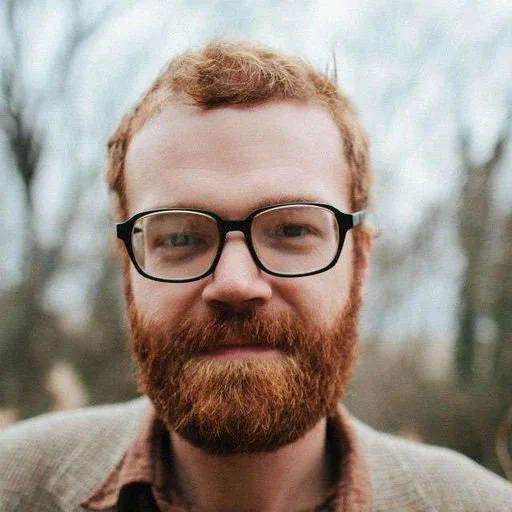
Dr. Caleb Collier
TEACHING AND LEARNING TRACK
Caleb is Co-Founder and Head of Research at the Institute for Self-Directed Learning, and a Postdoctoral Fellow at the University of Virginia’s Institute for Advanced Studies in Culture, focusing on learner agency, character education, and flourishing.
-

Dr. Jessica Richard
LEADERSHIP TRACK
Jessica is Associate Director of the Penn GSE School Leadership Program and has over 20 years of K–12 leadership experience as Principal and Chief Academic Officer. She specializes in organizational design, instructional coherence, and cultivating strong teams and community partnerships.
-
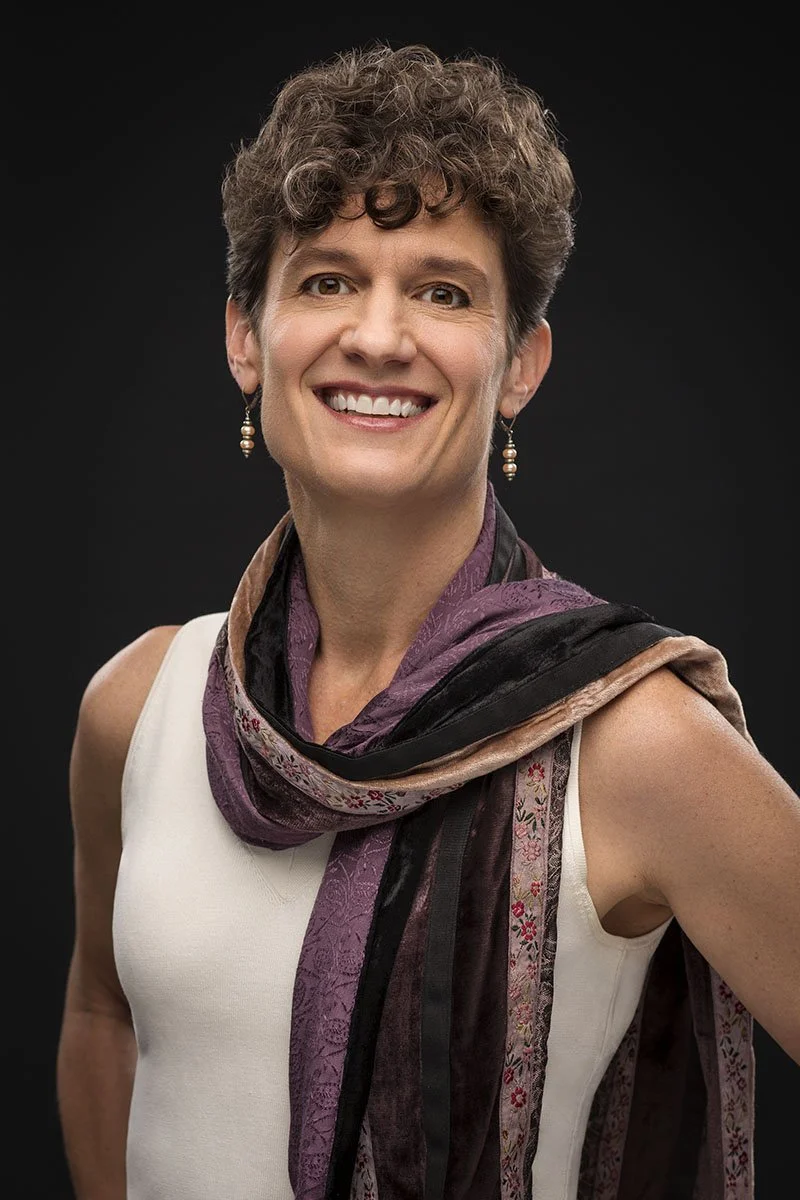
Dr. Jenny Zapf
LEADERSHIP TRACK
Jenny is founding director of the masters program in Education Entrepreneurship at Penn GSE and the Wharton School of Business. With three decades of global experience, she has launched ventures, advised leaders in 30+ countries, and advanced innovation in education.
-
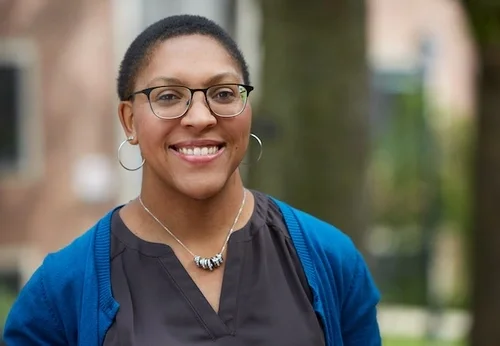
Dr. Charlotte Jacobs
TEACHING AND LEARNING TRACK
Charlotte directs Penn GSE’s Independent School Teaching Residency program and teaches adolescent development in the Urban Teaching Residency. A former humanities teacher, she brings deep expertise in teacher preparation, adolescent learning, and equity-focused education.
-
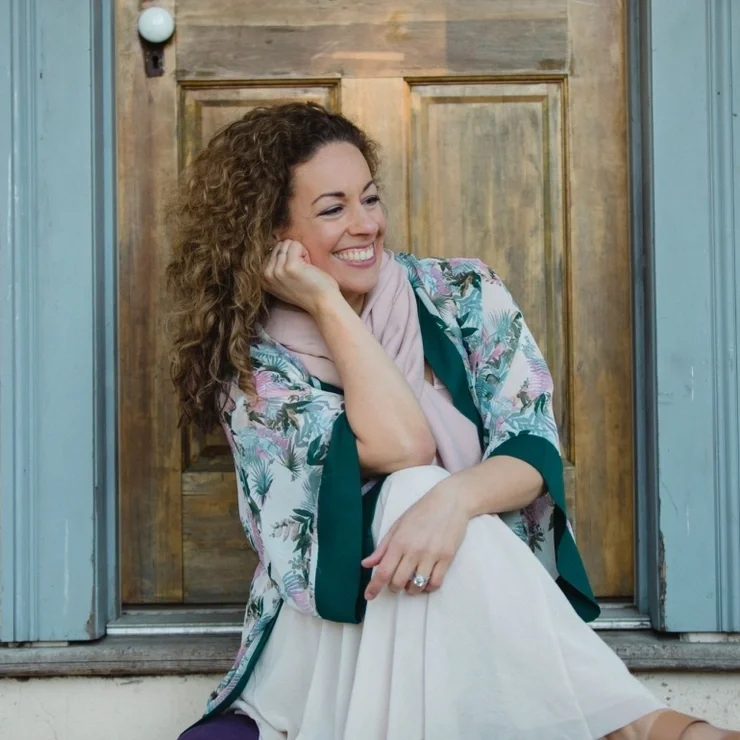
Jenny Mills, M.Ed
MICROSCHOOL VISIT LEAD
Jenny is founder of Roots & Wings, LLC and adjunct faculty at Penn GSE. She brings mindfulness-based strategies into K–12 schools through professional development, coaching, and research, focusing on resilience, teacher wellbeing, and self-regulated learning.
Program Format
For founders, heads of school, and operational leaders, the program covers:
Creating pathways for innovation and effectively managing change
End-to-end school design and presenting your microschool model
Building partnerships that strengthen sustainability and impact
Securing funding and understanding sources of financial support
Financial and legal setup specific to microschools
Clarifying vision and values for learner-centered design
Conservative budgeting and operational systems for long-term sustainability
Recruiting and onboarding families aligned with your school’s mission
Hiring, developing, and supporting educators with clear competencies and differentiated professional learning
Building intentional culture for both adults and learners in a microschool community
Marketing, enrollment, and parent engagement strategies
Governance, decision-making, and continuous improvement structures that endure
Key Topics in Leadership
For teachers and instructional leads, the program provides practical tools for designing and facilitating learning that fosters student agency, relevance, and flourishing. Topics include:
Learning science and cognitive development and how they inform classroom practice
Facilitating student agency through personalized goal-setting and ownership structures
Designing projects, cycles, and rituals that deepen engagement and motivation
Using learning modalities to scaffold exploration, analysis, making, and reflection
Assessment in the age of AI and rethinking evidence of learning in small, mixed-age environments
Equitable, inclusive, and culturally responsive practices for microschools
Supporting flourishing through purposeful feedback and strong relationships
The evolving role of the adult: shifting from explainer to guide and coach
Core practices of project-based learning that drive agency and relevance
Topics in Teaching and Learning
At its core, the Microschool Institute is a 10-session online program designed for both teachers and leaders, blending seminars, applied projects, and peer collaboration. Some sessions bring educators and leaders together to learn, design, and problem-solve collectively, while others provide separate, role-specific tracks that focus on the unique challenges of teaching, learning, and school leadership in microschools.
Participants also have the opportunity to take part in one or two optional in-person immersions—visiting Penn GSE and a local Philadelphia microschool, and/or gathering at The Forest School: An Acton Academy in Trilith, Georgia, a visionary community for storytellers and creators just outside Atlanta. These experiences provide inspiring backdrops for collaboration and culminate in a final blueprint pitch to a panel of experts.
Location
Schedule
Main Program Modality:
10 online sessions (90 minutes each) with optional in-person immersions.
Session Dates (All Online):
Thursday, January 15, 2026
Thursday, January 22, 2026
Tuesday, February 3, 2026
Thursday, February 5, 2026
Tuesday, March 3, 2026
Thursday, March 5, 2026
Tuesday, March 17, 2026
Thursday, March 19, 2026
Tuesday, April 21, 2026
Thursday, April 23, 2026
Note: Some sessions will bring educators and leaders together, while others will separate into role-specific tracks. Our goal is to ensure the experience is deeply personalized, relevant, and grounded in real-world application
Sample Flow of Online Sessions:
Combined Sessions: Big-picture design challenges, learning science, agency, financial sustainability, culture-building, and assessment in the age of AI.
Track-Specific Sessions:
• Teaching & Learning: Core practices for project-based learning, scaffolding modalities, equitable and inclusive microschool practices, rethinking the role of the adult.
• Leadership: Governance and decision-making, conservative budgeting, recruiting families and talent, operational systems for sustainability, marketing and enrollment.Peer Collaboration: Structured time for feedback, applied projects, and iterative blueprint refinement.
Final Online Event: Microschool Blueprint Pitch to a panel of experts and peers.
Asynchronous Coursework
In addition to live sessions, participants will complete asynchronous work that is shared, presented, and refined during the program:
Leaders will complete the Blueprint Course in our online Academy and develop a Version 1.0 Draft of their School Blueprint. This draft will serve as the foundation for feedback, iteration, and eventual presentation.
Teachers and instructional leads will design three usable learner-centered lessons, applying the teaching modalities explored in the program. These lessons will be shared with peers for feedback and refinement.
Optional Immersions:
Philadelphia: Visit Penn GSE and a local microschool to see learner-centered practice and research in action.
Georgia: Experience The Forest School: An Acton Academy and the Trilith creative community, with opportunities to observe live microschool sessions, engage families and learners, and connect with peers in person.
Cost & Payment Structure
📌 Total Cost: $_____ (or $______ if early-bird by _______)
Deposit: $1,500 non-refundable to secure a spot
Remaining Balance: Split into 2 or 3 payments
National Microschooling Center Member Discount: Members of the National Microschooling Center receive a $150 discount, reducing the total cost to $_____ (or $____ for early-bird registration). DO WE WANT TO OFFER THIS?
Cost
Participants can choose a 2- or 3-payment plan. The standard plan totals $_____, with a $_____ deposit at registration. The 2-payment option includes a $_____ installment 30 days later, while the 3-payment plan splits the remaining amount into two $_____ installments.
An early-bird discount lowers the total to $_____ for those registering 30+ days in advance. In this case, the 2-payment plan includes a $_____ installment, while the 3-payment plan has two $____ installments.
Payment Options
Testimonies
Josh Fallin, Founder of Telos Microschool: "The Institute for Self Directed Learning offered me the framework and guidance to build the foundational building blocks of my new school. The sessions with Tyler, Caleb, and other cohort members were invaluable. The resources, encouragement, and insights they shared were the perfect recipe to keep driving forward in the huge task of starting an innovative school."
Kristah Slate, Acton Academy Cy-Fair: “Attending was an incredibly valuable experience. I left feeling inspired, equipped, and deeply connected to a community of passionate school leaders. The weekend provided space for deep learning, reflection, and practical takeaways that I’m excited to implement at my own school. From strategic planning to innovative practices, every session offered actionable insights. Most of all, I’m grateful for the relationships built with fellow educators who are courageously reimagining education through self-directed learning—our shared ideas and collaboration made this experience truly transformative.”
Convince Your Community
We know that launching and growing a learner-centered microschool is a major commitment—one that requires vision, strategy, and strong foundational support. To help, we’ve drafted this letter to communicate the value of attending the Learner-Centered Microschool Accelerator and why it’s a worthy investment for both new and growing microschools. Founders and leaders can also share (a version of) this letter with invested parents and school partners as a way to raise funds for this transformative experience.
